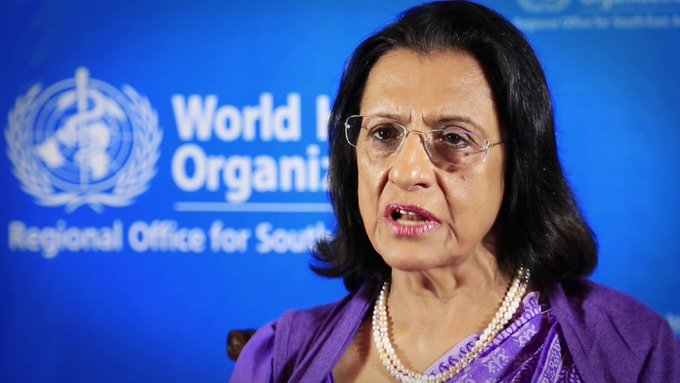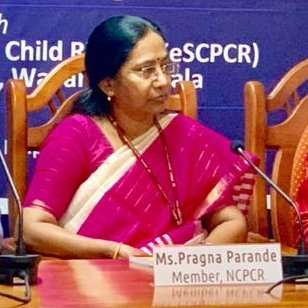
Staff Reporter / New Delhi
In an effort to arrest and reverse the growing epidemic of non-communicable diseases and promote physical and mental well-being, the World Health Organization WHO has asked countries in South-East Asia Region to accelerate action to address insufficient physical activity which is as high as 74% among adolescents in the zone.
“Physical activity helps prevent non-communicable diseases such as heart disease, stroke, diabetes and some cancers, which continue to be leading killer diseases in the Region and a risk for severe disease and deaths in the ingoing COVID-19 pandemic,” said Dr Poonam Khetrapal Singh, Regional Director, WHO South-East Asia Region.
The Regional Director was addressing a virtual meeting of health officials and partners from member countries where the Regional Roadmap for implementation of Global Action Plan for Physical Activity (GAPPA) was launched.
The Regional roadmap aims to facilitate context-specific activities to achieve 10% relative reduction of insufficient physical activity by 2025, and 15% improvement in global levels by 2030.
Insufficient physical activity is a leading risk factor for noncommunicable diseases globally and in the South-East Asia Region, where NCDs cause around 8.5 million deaths every year, many of them premature. Globally, 23% adults and 81% adolescents aged 11–17 years do not meet WHO recommendations for physical activity. In the WHO South-East Asia Region, physical inactivity among adults is around 15% and 74% among adolescents.
“Countries and communities must take action to provide everyone with more opportunities to be physically active. This requires a collective effort, both national and local, across different sectors and disciplines to implement policies and solutions, appropriate to a country’s cultural and social environment to promote, enable and encourage physical activity,” Dr Khetrapal Singh said.
WHO has been advocating physical exercise as one of the primary preventive measure and best buys against NCDs, a flagship priority programme of the Region since 2014.

“While there has been progress in terms of commitments, policies and programs for promoting physical activity face many challenges including modern lifestyles, unhealthy work-life balance, lack of enabling and safe environment such as road safety and air pollution,” Dr Khetrapal Singh said.
The COVID-19 pandemic has further exacerbated the problems with movement restrictions and work from home mandates fueling further the sedentary lifestyles. In addition, mental health issues have increased due to social isolation, fear, and uncertainty.
“Physical activity including yoga offer a cost-effective, non-invasive means for better physical, mental health and well-being. Including physical activity into daily lifestyle activities provides multiple health benefits, promotes societal growth, and provides long-term chronic disease prevention and treatment while improving overall global health,” the Regional Director said.
Promoting physical activity requires whole of government and whole of society approach including multi-sectoral collaboration – between ministries of health, youth, sports, education, urban planning, city administration, etc. to create an enabling and safe environment for physical activity.
Individuals, families, and communities need to incorporate physical activity including yoga or any other exercise in their daily routines, Dr Khetrapal Singh said, adding, “Together, we need to walk the talk”.
The two-day regional meeting on physical activity was organized by WHO, the Thai Health Promotion Foundation and International Health Policy Programme.





